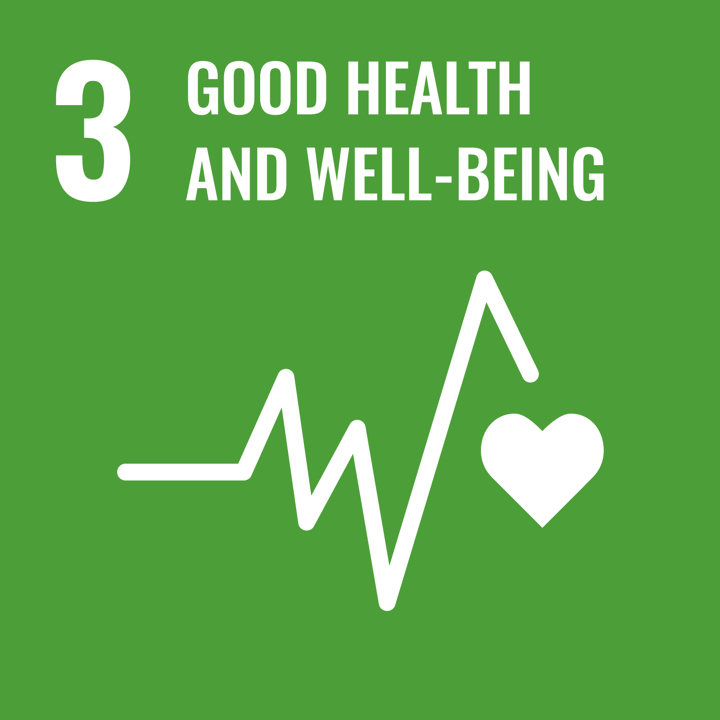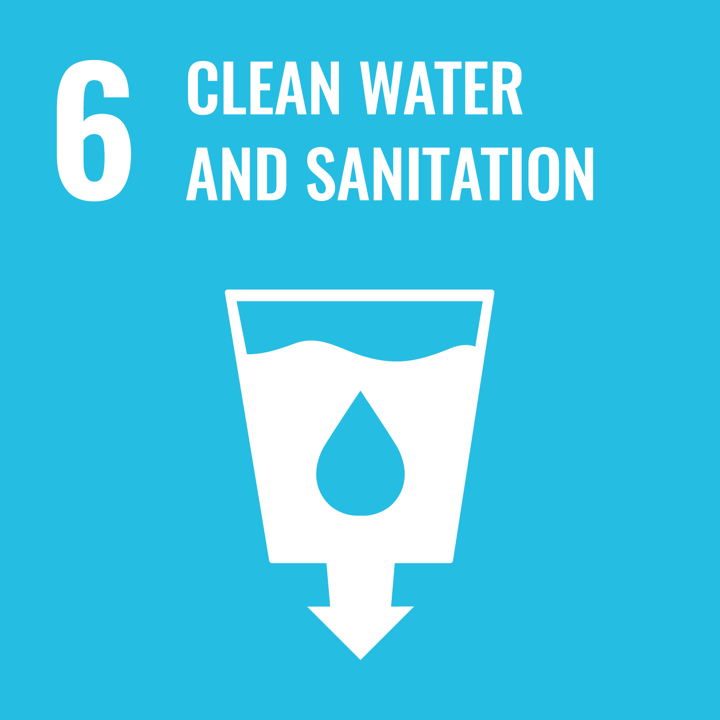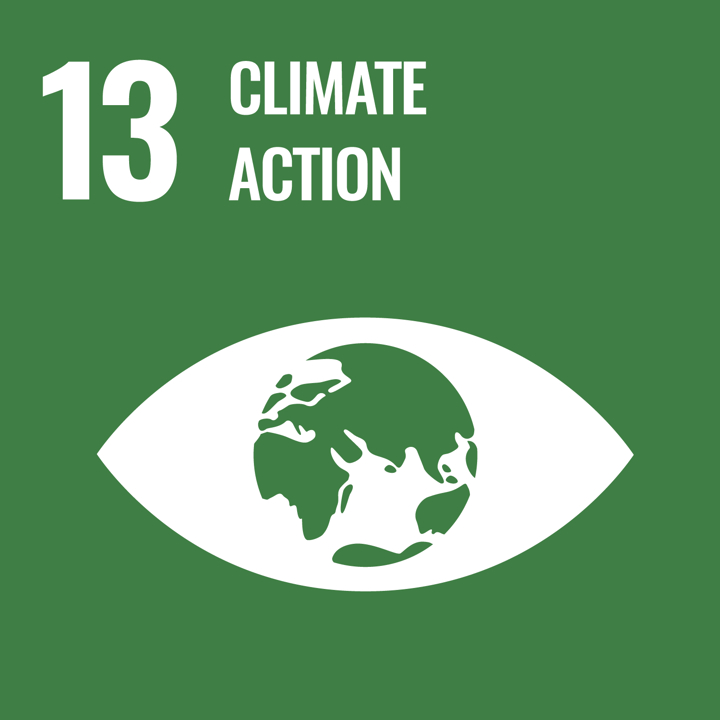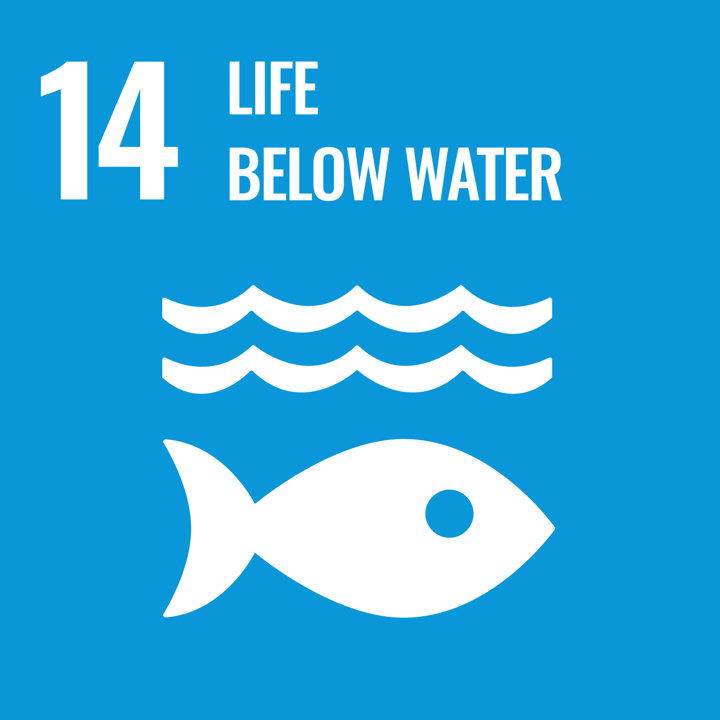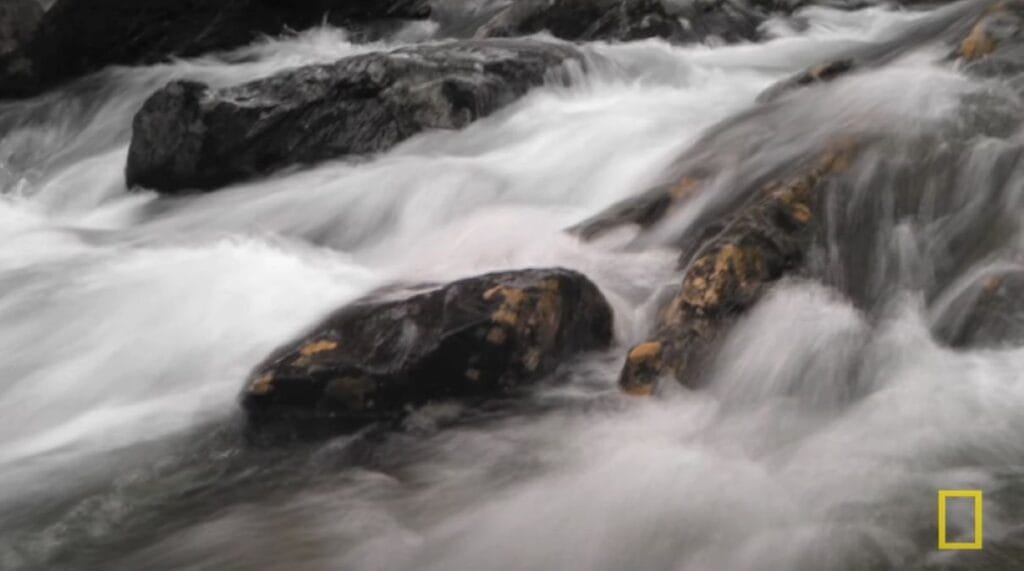
Προβλεπόμενος τελικός χρήστης: Δάσκαλος
Ηλικιακή ομάδα: Upper Primary; Lower Secondary; Upper Secondary
Σχολικό πρόγραμμα σπουδών: Κοινωνική, Φυσική & Αγωγή Υγείας; Κοινωνικές & Περιβαλλοντικές Επιστήμες
Θέματα και θεματικές ενότητες: Energy Use and Production; Behaviour & Lifestyle; Environmental Change; Power & Influence
Διάρκεια: 3 minutes
Τύπος πόρου: Audio/Video
Λέξεις-κλειδιά: Drinking water, scarcity, pollution, accessibility
Γλώσσες: Αγγλικά
Περιγραφή
There is the same amount of water on Earth today as there was when the dinosaurs roamed. And just less than one percent of the planet’s water is available to meet the daily drinking water, sanitation and food needs of nearly 7 billion people and millions of other species. Learn more about water in all its forms and how you can make a difference.
Πώς να χρησιμοποιήσετε αυτόν τον πόρο
This resource can be used in the classroom to start a discussion on the use of water, to raise awareness on the scarcity of water and to start a project in the school that promotes economic use of water.
Questions to open the conversation could be:
- Why is water essential for all living organisms?
Follow-up: Can you provide examples of how different organisms use water?
- What are some primary sources of freshwater on Earth?
Follow-up: How is freshwater distributed globally?
- What challenges related to water scarcity were highlighted in the video?
Follow-up: How do these challenges affect communities differently around the world?
Questions to stimulate critical thinking could be:
- How does human activity contribute to water pollution and scarcity?
Follow-up: What are some specific examples of activities that impact water quality?
- Why is it important to conserve water, even in areas where it seems abundant?
Follow-up: How can individual actions contribute to larger conservation efforts?
- What are some potential consequences if current water consumption patterns continue unchanged?
Follow-up: How might this impact future generations?
Questions for personal reflection could be:
- Reflect on your daily water usage. Are there areas where you could reduce consumption?
Follow-up: What specific steps can you take to use water more sustainably?
- How can communities work together to address water-related challenges?
Follow-up: Can you think of any local initiatives or programs that promote water conservation?
- What role do governments and organizations play in ensuring access to clean water?
Follow-up: How can policies and regulations support water sustainability?
In case you are planning to roll out the topic into a campaign, you could consider the following creative assignments:
- Imagine you are tasked with creating a campaign to raise awareness about water conservation in your school. What key messages would you include?
Follow-up: What methods would you use to engage your peers effectively?
- Design a simple experiment to demonstrate the importance of clean water to your classmates. What would you do, and what do you hope they would learn?
Follow-up: How can hands-on activities enhance understanding of water issues?
Οι πόροι
The video by National Geographic is available on YouTube here:
Μαθησιακά αποτελέσματα
- Αναζήτηση προηγούμενων γνώσεων και περαιτέρω ανάπτυξη της γνώσης και της κατανόησης βασικών εννοιών της Αειφόρου Ιθαγένειας, αμφισβητώντας καθιερωμένες κοσμοθεωρίες και αξίες.
Πράσινες ικανότητες
- Ενσάρκωση βιώσιμων αξιών: Αξιοποίηση της βιωσιμότητας- Υποστήριξη της δικαιοσύνης- Προώθηση της φύσης
- Αγκαλιάζοντας την πολυπλοκότητα στη βιωσιμότητα: Συστημική σκέψη; Κριτική σκέψη; Διαμόρφωση προβλημάτων
- Οραματιζόμενοι βιώσιμα μέλλοντα: Adaptability
- Δράση για τη βιωσιμότητα: Συλλογική δράση- Ατομική πρωτοβουλία
Creative Commons
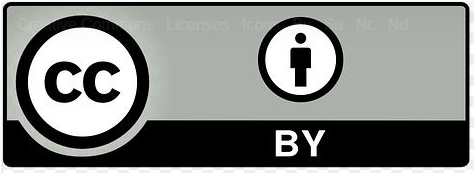
National Geographic retain all ownership rights to this video resource. As a video uploaded to You Tube, they grant each user of YouTube a worldwide, non-exclusive, royalty-free licence to access it and to use that content (including to reproduce, distribute, modify, display, and perform it) only as enabled by a feature of YouTube.
SDGs
